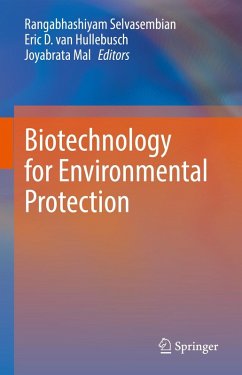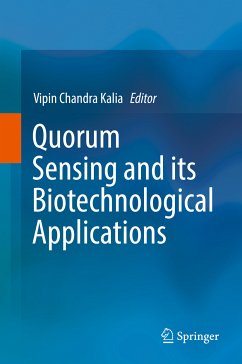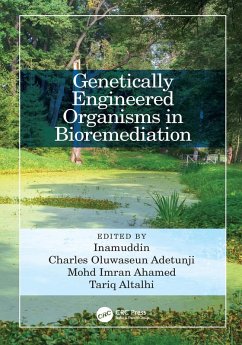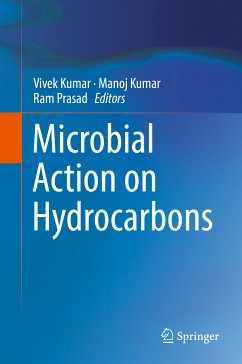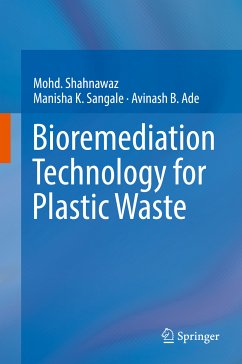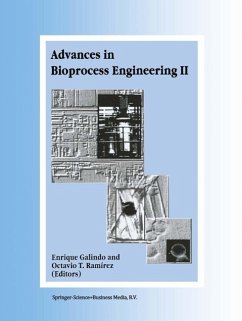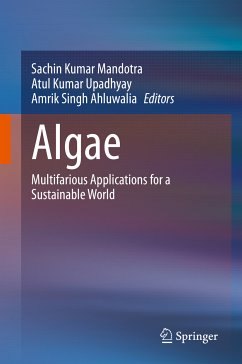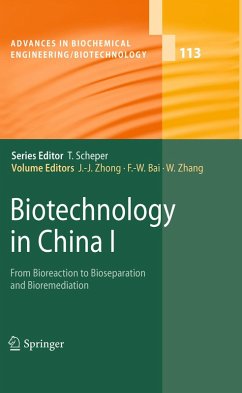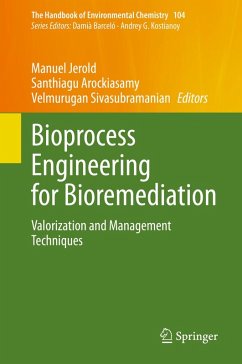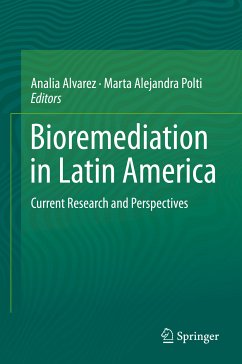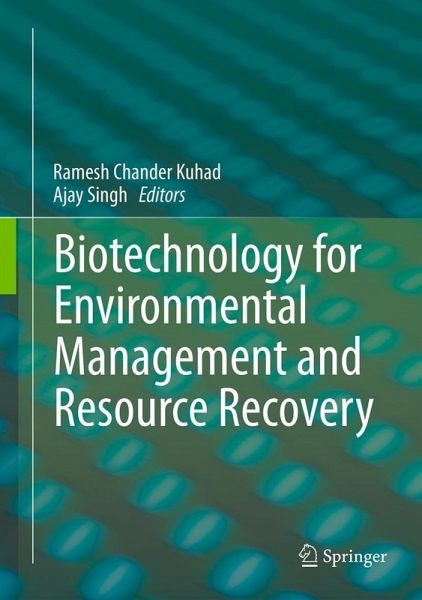
Biotechnology for Environmental Management and Resource Recovery (eBook, PDF)
Versandkostenfrei!
Sofort per Download lieferbar
112,95 €
inkl. MwSt.
Weitere Ausgaben:

PAYBACK Punkte
56 °P sammeln!
Various types of secondary agriculture and forestry wastes represent valuable resource materials for developing alternate energy as biofuels and other value added products such as sugars, phenols, furans, organic acids, enzymes and digestible animal feed etc. However, if not managed properly, waste material and environmental contaminants generated by various industries such as food and feed, pulp and paper and textile may lead to severe environmental pollution. The energy, food and feed demand necessitate developing simple and economically viable technologies for environmental management and r...
Various types of secondary agriculture and forestry wastes represent valuable resource materials for developing alternate energy as biofuels and other value added products such as sugars, phenols, furans, organic acids, enzymes and digestible animal feed etc. However, if not managed properly, waste material and environmental contaminants generated by various industries such as food and feed, pulp and paper and textile may lead to severe environmental pollution. The energy, food and feed demand necessitate developing simple and economically viable technologies for environmental management and resource recovery. Microorganisms and their enzymes contribute significantly in utilization of plant residues, resource recovery and eventually in pollution mitigation. "Biotechnology for Environmental Management and Resource Recovery" presents a comprehensive review of selected research topics in a compendium of 16 chapters related to environmental pollution control and developing biotechnologies in agro-ecosystem management and bioconversion of agro-residues (lignocellulosics) into biofuels, animal feed and paper etc. This book provides a valuable resource for reference and text material to graduate and postgraduate students, researchers, scientists working in the area of microbiology, biotechnology, and environmental science and engineering.
Dieser Download kann aus rechtlichen Gründen nur mit Rechnungsadresse in A, B, BG, CY, CZ, D, DK, EW, E, FIN, F, GR, HR, H, IRL, I, LT, L, LR, M, NL, PL, P, R, S, SLO, SK ausgeliefert werden.



